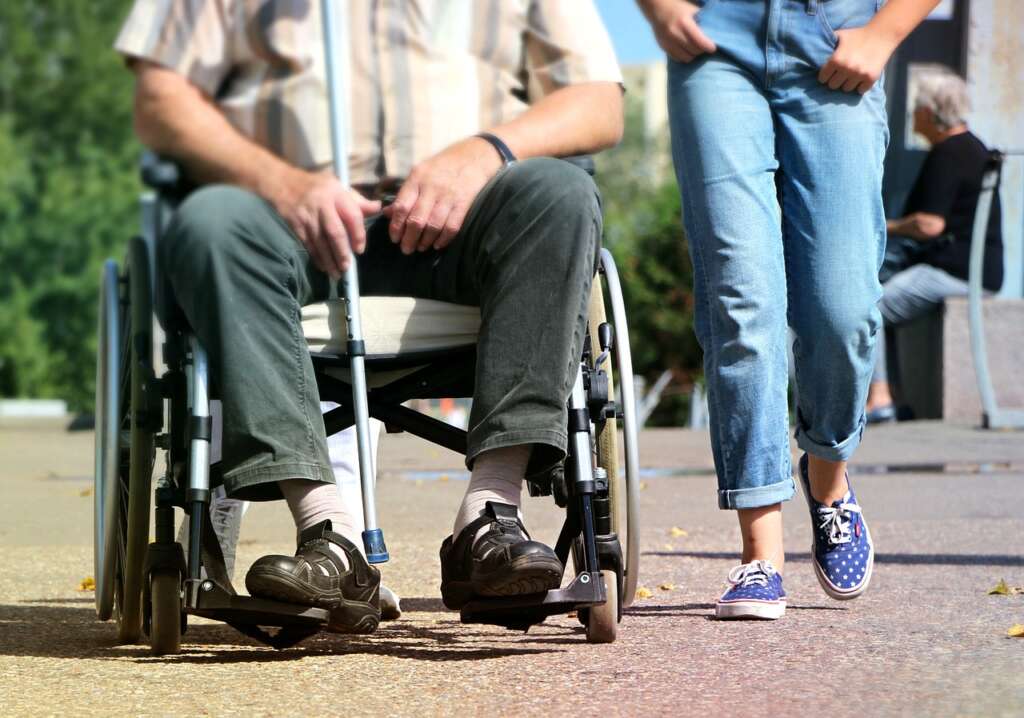
Nursing homes are meant to provide care, comfort, and dignity to elderly residents. However, reports of abuse and neglect within these facilities have raised serious concerns among families and advocates. While legal protections exist, proving abuse can be challenging without solid evidence. Hidden cameras have emerged as a powerful tool for exposing wrongdoing and ensuring accountability in nursing homes. This article explores the role of hidden cameras in uncovering nursing home abuse, the legal implications of their use, and how technology is changing elder care oversight.
Understanding Nursing Home Abuse
Types of Nursing Home Abuse
Elder abuse in nursing homes can take various forms, including:
- Physical abuse – Hitting, pushing, or restraining residents inappropriately.
- Emotional abuse – Verbal harassment, humiliation, or isolation.
- Financial exploitation – Unauthorized use of residents’ funds or belongings.
- Neglect – Failure to provide adequate food, medical care, or hygiene assistance.
- Sexual abuse – Any non-consensual sexual contact or harassment.
Warning Signs of Abuse
Families should be vigilant for the following indicators of abuse:
- Unexplained injuries such as bruises, burns, or fractures.
- Sudden weight loss or malnutrition.
- Changes in mood or behavior, such as withdrawal or depression.
- Poor hygiene or unsanitary living conditions.
- Unusual financial transactions or missing personal items.
The Role of Hidden Cameras in Exposing Abuse
How Hidden Cameras Work
Hidden cameras are discreet surveillance devices that record audio and video footage without drawing attention. These cameras can be placed in common areas or resident rooms (where permitted) to document potential mistreatment.
Success Stories in Hidden Camera Investigations
Several cases have demonstrated the effectiveness of hidden cameras in revealing abuse. Families who suspected mistreatment have installed these devices and captured shocking footage of caregivers physically or verbally assaulting residents. These recordings have served as irrefutable evidence in legal actions against negligent nursing home staff and administrators.
Legal and Ethical Considerations
Is It Legal to Use Hidden Cameras in Nursing Homes?
Laws regarding hidden cameras in nursing homes vary by state and country. Some states explicitly allow families to install cameras in private rooms with the resident’s consent, while others prohibit covert surveillance due to privacy concerns.
To ensure compliance, families should:
- Check state-specific laws on electronic surveillance in elder care facilities.
- Obtain consent from the resident or legal guardian before installing a camera.
- Inform the nursing home administration if required by law.
Ethical Concerns
While hidden cameras can help protect vulnerable residents, they also raise ethical issues such as:
- Privacy concerns – Some residents or staff may feel uncomfortable being recorded.
- Trust issues – Surveillance may impact staff morale and trust within the facility.
- Selective recording – Camera footage may not capture the full context of an incident.
Technological Advances in Nursing Home Surveillance
Smart Cameras and AI Monitoring
Advancements in artificial intelligence (AI) have enhanced surveillance capabilities. AI-powered cameras can:
- Detect unusual activity such as falls, sudden movements, or aggressive behavior.
- Alert family members or authorities in real time when potential abuse occurs.
- Store footage securely, ensuring evidence integrity.
Wearable Technology for Residents
In addition to hidden cameras, wearable technology can help monitor residents’ well-being. Smartwatches and emergency alert devices allow seniors to call for help instantly if they experience abuse or neglect.
The Impact of Surveillance on Elder Care
Improved Accountability
The presence of cameras can deter abusive behavior, leading to better treatment of residents. Nursing homes aware of surveillance are more likely to adhere to best care practices and maintain higher standards of service.
Policy Changes and Legal Reforms
High-profile cases of nursing home abuse uncovered through hidden cameras have influenced legislation. Many states are now considering or implementing laws requiring transparency and allowing families to use surveillance for resident protection.
Seeking Legal Action for Nursing Home Abuse
Steps to Take if Abuse is Suspected
If a family suspects nursing home abuse, they should:
- Document evidence – Record injuries, behavioral changes, or financial irregularities.
- Request medical evaluations – Seek professional assessments for unexplained injuries or illnesses.
- Report to authorities – Contact local elder abuse agencies or law enforcement.
- Consult legal professionals – Lawyers specializing in elder abuse cases can provide guidance and representation.
According to schenkfirm.com, legal action can hold negligent nursing homes accountable and secure justice for victims.
Resources for Elder Abuse Victims and Families
Families seeking additional support can explore the following resources:
- The National Institute on Aging provides comprehensive information on recognizing and preventing elder abuse.
- Schenk Smith LLC specializes in nursing home abuse litigation and can assist families in seeking justice.
Conclusion
Hidden cameras have proven to be a vital tool in exposing nursing home abuse and protecting vulnerable residents. While their use raises legal and ethical concerns, the potential benefits in preventing mistreatment and ensuring accountability are undeniable. As technology advances, surveillance and monitoring tools will continue to evolve, offering greater protection for elderly individuals in care facilities. Families must remain vigilant, understand their legal rights, and take proactive measures to safeguard their loved ones from abuse.








